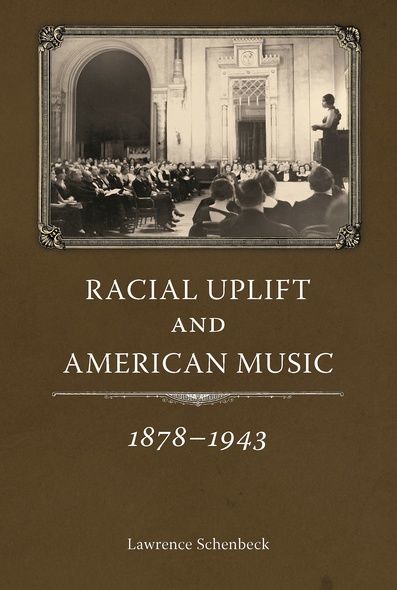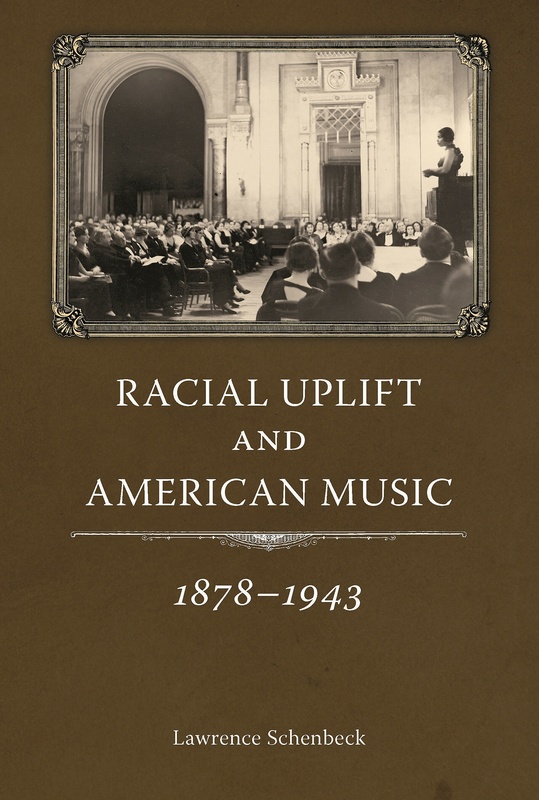
Racial Uplift and American Music, 1878-1943
Racial Uplift and American Music, 1878-1943 traces the career of racial uplift ideology as a factor in elite African Americans' embrace of classical music around the turn of the previous century, from the collapse of Reconstruction to the death of composer/conductor R. Nathaniel Dett, whose music epitomized "uplift."
After Reconstruction many black leaders had retreated from emphasizing "inalienable rights" to a narrower rationale for equality and inclusion: they now sought to rehabilitate the race's image by stressing class distinctions, respectable middle-class behavior, and service to the masses. Musically, the black intelligentsia resorted to European models as vehicles for cultural vindication. Their response to racism was to create and promote morally positive, politically inoffensive art that idealized the race.
By incorporating black folk elements into the dignified genres of art song, symphony, and opera, "uplifters" demonstrated worthiness through high achievement in acknowledged arenas. Their efforts were variously opposed, tolerated, or supported by a range of white elites with their own notions about African American culture. The resulting conversation--more a stew of arguments than a dialogue--occupied the pages of black newspapers and informed the work of white philanthropists. Women also played crucial roles. Racial Uplift and American Music, 1878-1943 examines the lives and thought of personalities central to musical uplift--Dett, Sears CEO Julius Rosenwald, author James Monroe Trotter, sociologist W. E. B. Du Bois, journalist Nora Douglas Holt, and others--with an eye to recognizing their contributions and restoring their stature.
Lawrence Schenbeck masterfully explores the turbulent journey of racial uplift ideology, and the black artistic community who sought to use cultural sophistication as a vehicle for affirming race progress. Carefully documented and beautifully written, Racial Uplift and American Music, 1878-1943 is a thorough analysis and an honest portrayal of the social and ideological complexities surrounding the African American struggle for black cultural recognition, in which musical artistry played a central role. Provocative and insightful, this work is a must-read for anyone who truly wants to understand the history of American music.
Presented with elegant and crystal-clear prose, Schenbeck's powerful book explores the strategies adopted by a vital array of African American thinkers, musicians, critics, and patrons, all seeking to find their place during a pivotal moment of American musical history. The book offers scholarship at its best—probing, sensitive, detailed, wide-ranging, keen, and, appropriately in this case, uplifting.





